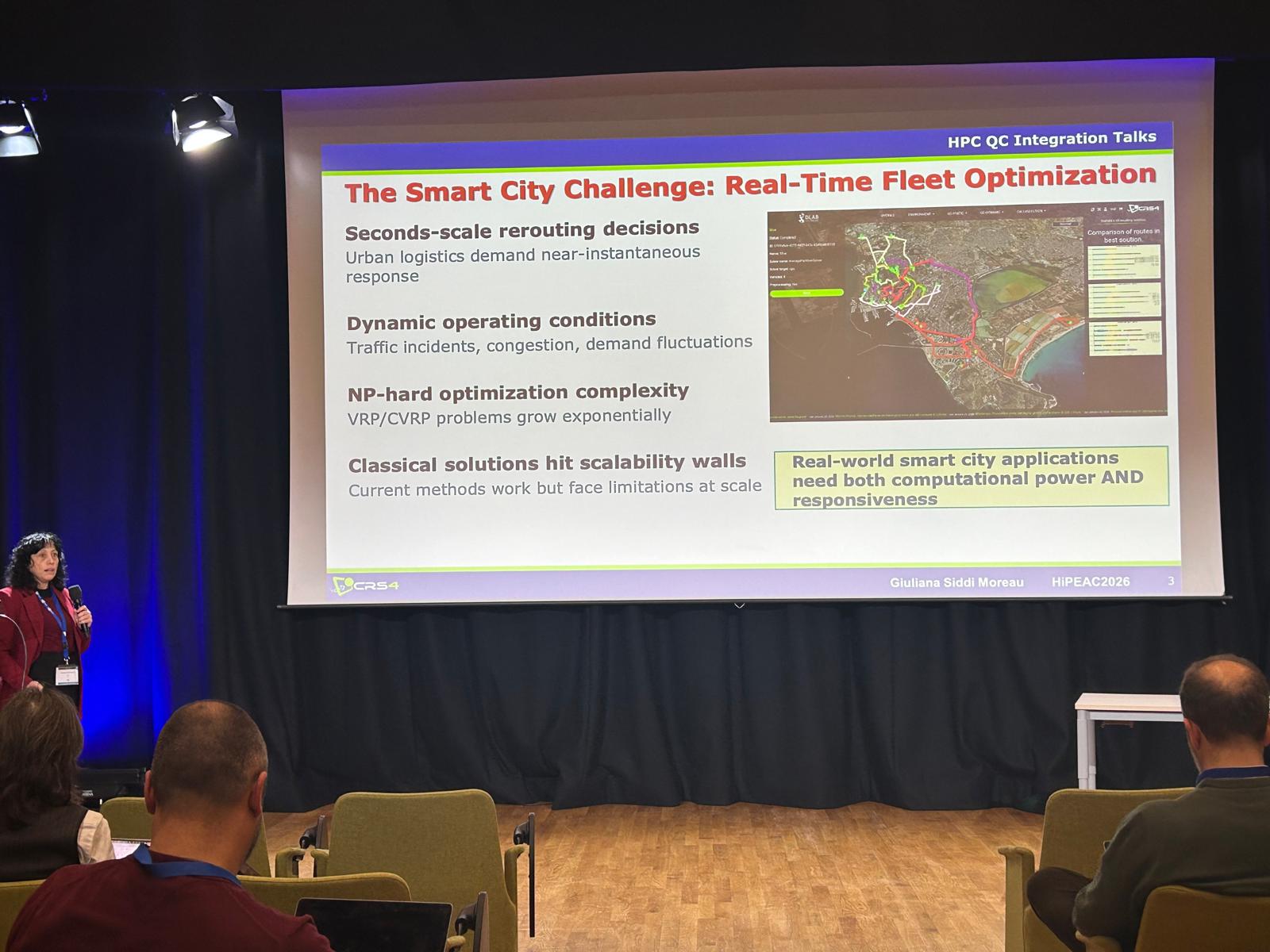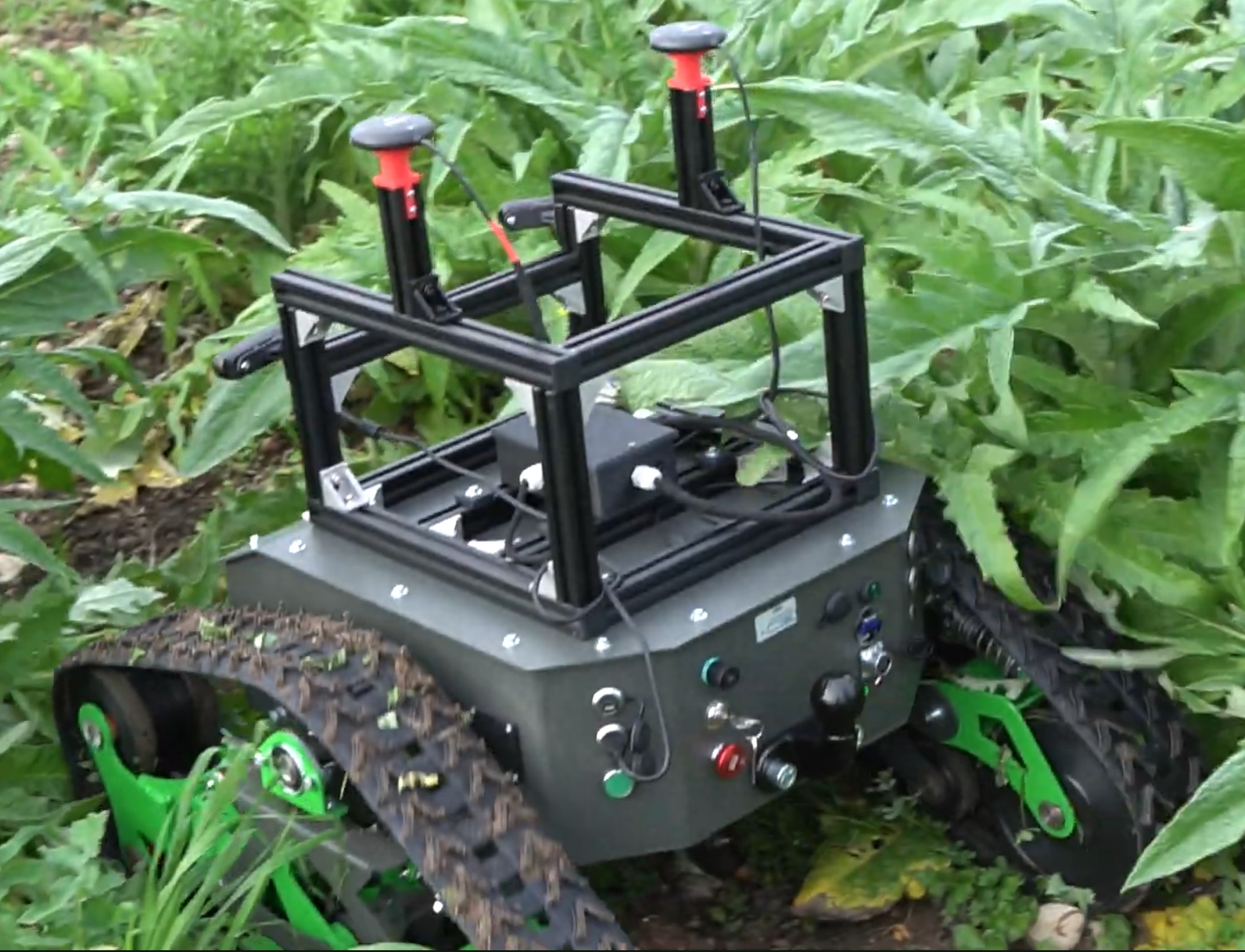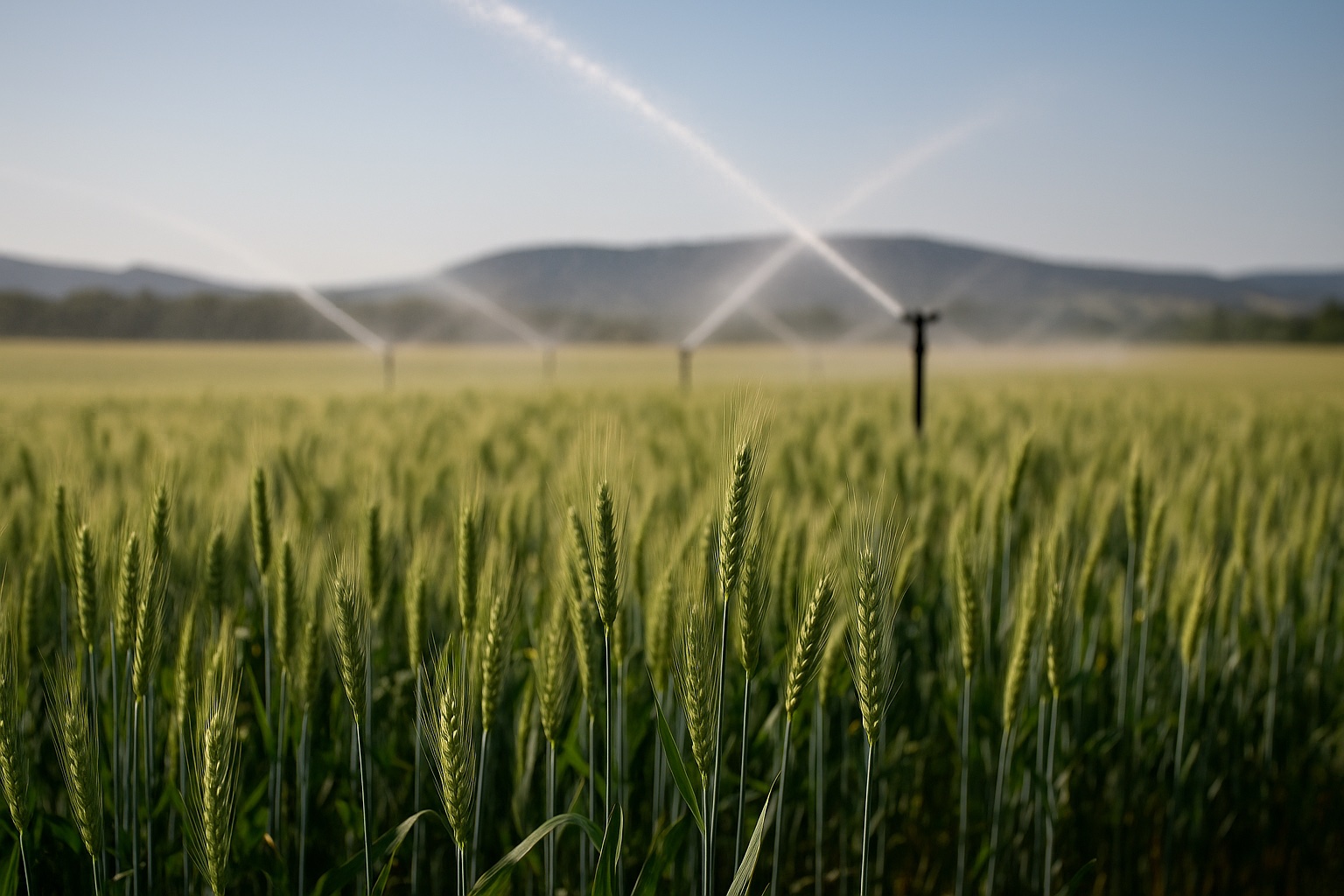Europe is firmly investing in the transition towards more sustainable and inclusive forms of energy. This transformation is not only about technologies and infrastructures: to be truly effective, it must put citizens at the center. Engaging families in the management of energy consumption means reducing waste, better integrating renewable sources, and making networks more resilient. This is the vision behind SENDER – Sustainable Consumer Engagement and Demand Response, a European project that explored new solutions to transform consumers from passive users into active players of change.
Funded by the European Commission’s Horizon 2020 programme (Grant Agreement No. 957755) and coordinated by Smart Innovation Norway, SENDER has come to a close after more than four years of activity. An article dedicated to its results has recently been published on CORDIS.
From theory to practice: nearly 400 families involved
The project has demonstrated in real-world settings that active participation of citizens is possible. In the pilot sites in Austria, Finland, and Spain, nearly 400 families tested innovative technologies: smart water heaters, electric vehicle charging systems, and predictive platforms based on artificial intelligence. In parallel, over 180,000 citizens were reached through awareness-raising and information campaigns, highlighting the importance of direct dialogue with communities.
The role of CRS4
Within the consortium, researchers from the Visual and Data-Intensive Computing sector of CRS4 contributed advanced expertise in energy modeling and artificial intelligence. They developed methods for probabilistic forecasting of residential electrical and thermal loads, using causal machine learning (automatic learning aimed at identifying cause-effect relationships, not just correlations) and conformalized quantile regression, a statistical method that estimates not only the average value of consumption but also its variability, providing forecasts with reliable uncertainty margins.
These models make it possible not only to predict consumption more accurately, but also to simulate intervention scenarios: what happens if an appliance is replaced, if the charging time of an electric car changes, or if household habits are modified? Answers to such questions are crucial for developing smart grids and energy markets that are fairer and more sustainable.
A multidisciplinary European consortium
SENDER brought together 15 partners from 7 European countries, combining research centers, universities, companies, and associations. Alongside the coordinator Smart Innovation Norway, participants included AIT (Austria), VTT (Finland), Ecoserveis (Spain), Hypertech (Greece), Nxtech, Trialog, QUE Technologies, WEIZER, NTNU, Euroquality, Paragon, and other key actors in energy innovation.
Towards a participatory energy future
The results of SENDER show that the future of the energy transition cannot do without the participation of citizens. Putting consumers at the center means increasing awareness, reducing costs, favoring the integration of renewables, and making energy systems more flexible.
References
-
CRS4 project page: crs4.it/projects/sender
-
CORDIS article: Smart energy solutions that engage consumers
-
Official project website: sender-h2020.eu
-
Publications:
-
Massidda L., Marrocu M. (2023). Total and thermal load forecasting in residential communities through probabilistic methods and causal machine learning. Applied Energy, Vol. 351, Article 121783. ScienceDirect
-
Marrocu M., Massidda L. (2024). Estimating the value of ECMWF EPS for photovoltaic power forecasting. Solar Energy, Vol. 279. ScienceDirect
-



